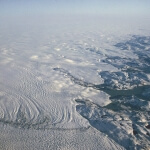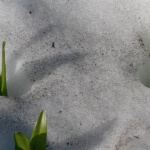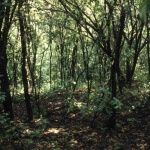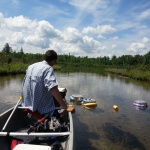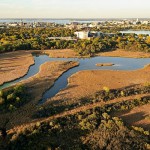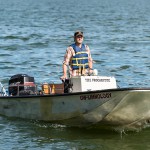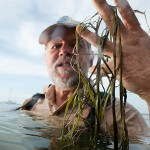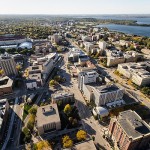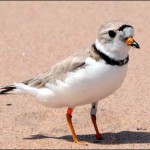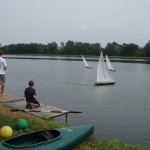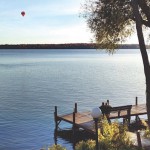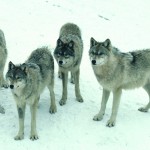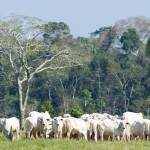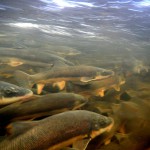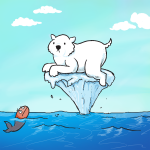Tag Environment
Clouds, like blankets, trap heat and are melting the Greenland Ice Sheet
A new study shows clouds are playing a larger role in heating the Greenland Ice Sheet than scientists previously believed, raising its temperature by 2 to 3 degrees compared to cloudless skies.
Between soil and snow
Professors Jonathan Pauli and Benjamin Zuckerberg explain the subnivium — habitat between the ground and winter snow cover that is being affected by climate change.
Bird habitat changing quickly as climate change proceeds
The climatic conditions needed by 285 species of land birds in the United States have moved rapidly between 1950 and 2011 as a result of…
Study finds people transformed how species associated after 300 million years
The researchers found a surprising and very recent shift away from the steady relationship among species.
Greenhouse gas emissions from freshwater higher than thought
Do not underestimate the babbling brook. When it comes to greenhouse gases, these bucolic water bodies have the potential to create a lot of hot air.
Small landscape changes can mean big freshwater gains
A typical bird's-eye view of the Midwest offers a patchwork landscape covered mostly by agriculture but mottled with forest, wetland, grassland, buildings and pavement. This pattern influences the quality and supply of the many natural benefits the landscape provides people, including freshwater.
Ph.D. student wins Germany’s Green Talents Award
Samuel Zipper, a Ph.D. student in the University of Wisconsin–Madison Freshwater and Marine Sciences Program, is the only American among 27 up-and-coming scientists from around…
Embrace the chaos: Predictable ecosystems may be more fragile
A new study published in the Proceedings of the National Academy of Sciences says managing our environment for predictable outcomes is risky. In fact, more often than not, it backfires.
Heat waves hit heat islands hardest
Extreme summers like that of 2012 - which saw record temperatures in cities across the U.S. - may be atypical, but experts say they will return, especially as the planet warms under climate change. And as they do, cities will be especially vulnerable.
Tolerance of wolves in Wisconsin continues to decline
Wolf. The very word can conjure an image of a venerable pack of canines passing quietly through moonlit woods. Or, it can evoke anger over livestock lost at the jaws of a hungry predator.
Brazilian beef industry moves to reduce its destruction of rain forests
Expansion of cattle pastures has led to the destruction of huge swaths of rain forest in Brazil, home to the world's largest herd of commercial beef cattle. But a new study led by the University of Wisconsin–Madison's Holly Gibbs shows that market-driven "zero deforestation agreements" have dramatically influenced the behavior of ranchers and the slaughterhouses to which they sell.
‘My Earth’ energy-tracking app encourages sustainable behaviors
For a generation motivated by technology and fast-moving information, a professor at the University of Wisconsin–Madison has created an energy-tracking app to make reducing day-to-day energy usage more accessible.

